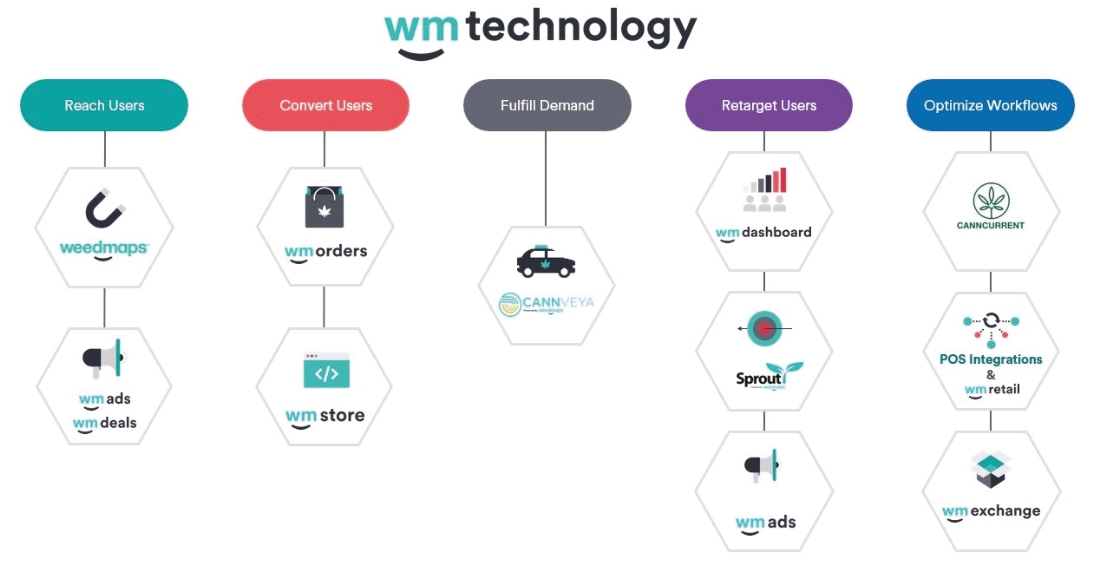Additionally, our discovery of any security breach or other security-related incident, or our provision of any related notice, may be delayed or be perceived to have been delayed. Any of these impacts or circumstances arising from an actual or perceived attack, breach or other unauthorized access could materially and adversely affect our business, financial condition, reputation and relationships with clients and consumers.
Furthermore, while our errors and omissions insurance policies include liability coverage for certain of these matters, if we experienced a significant security incident, we could be subject to claims or damages that exceed our insurance coverage. We also cannot be certain that our insurance coverage will be adequate for data handling or data security liabilities actually incurred, that insurance will continue to be available to us on economically reasonable terms, or at all, or that any insurer will not deny coverage as to any future claim. The successful assertion of one or more large claims against us that exceed available insurance coverage, or the occurrence of changes in our insurance policies, including premium increases or the imposition of large deductible or insurance requirements, could have a material and adverse effect on our business, including our financial condition, operating results, and reputation.
We rely upon cloud-based data centers, infrastructure and technologies provided by third parties, and technology systems and electronic networks supplied and managed by third parties, to operate our business, and interruptions or performance problems with these systems, technologies and networks may adversely affect our business and operating results.
We rely on data centers and other technologies and services provided by third parties in order to host our cloud-based infrastructure that operates our business. If any of these services becomes unavailable or otherwise is unable to serve our requirements due to extended outages, interruptions, or facility closure, or because it is no longer available on commercially reasonable terms, our expenses could increase, our ability to manage finances could be interrupted and our operations otherwise could be disrupted or otherwise impacted until appropriate substitute services, if available, are identified, obtained, and implemented.
We do not control, or in some cases have limited control over, the operation of the data center facilities and infrastructure we use, and they are vulnerable to damage or interruption from earthquakes, floods, fires, power loss, telecommunications failures, cyberattack, terrorism and similar other events. They may also be subject to break-ins, sabotage, intentional acts of vandalism and similar misconduct, to adverse events caused by operator error, and to interruptions, data loss or corruption, and other performance problems due to various factors, including introductions of new capabilities, technology errors, infrastructure changes, DDoS attacks, or other security-related incidents. Changes in law or regulations applicable to data centers in various jurisdictions could also cause a disruption in service. Despite precautions taken at these facilities, the occurrence of a natural disaster, an act of terrorism or other act of malfeasance, a decision to close the facilities without adequate notice or other unanticipated problems at these facilities could result in lengthy interruptions in our platform operations and the loss, corruption of, unauthorized access to or acquisition of client or consumer data.
Our platform also depends on our ability to communicate through the public internet and electronic networks that are owned and operated by third parties. In addition, in order to provide our solutions on-demand and promptly, our computer equipment and network servers must be functional 24 hours per day, which requires access to telecommunications facilities managed by third parties and the availability of electricity, which we do not control. A severe disruption of one or more of these networks or facilities, including as a result of utility or third-party system interruptions, could impair our ability to process information and provide our solutions to our clients and consumers.
Any unavailability of, or failure to meet our requirements by, third-party data centers or other third-party technologies or services, or any disruption of the internet, utilities or the third-party networks or facilities that we rely upon, could impede our ability to make our platform accessible, harm our reputation, result in reduced traffic from consumers, cause us to issue refunds or credits to our clients, and subject us to potential liabilities. Any of these circumstances could adversely affect our business, reputation and operating results.
Our operations and employees face risks related to health crises, such as the ongoing COVID-19 pandemic, that could adversely affect our financial condition and operating results. The COVID-19 pandemic could materially affect our operations, including at our headquarters or anywhere else we operates, and the business or operations of our clients, consumers, partners or other third parties with whom we conduct business.
In connection with the COVID-19 pandemic, governments have implemented significant measures intended to control the spread of the virus, including closures, quarantines, travel restrictions and other social distancing directives, and fiscal stimulus, and legislation designed to deliver monetary aid and other relief.

